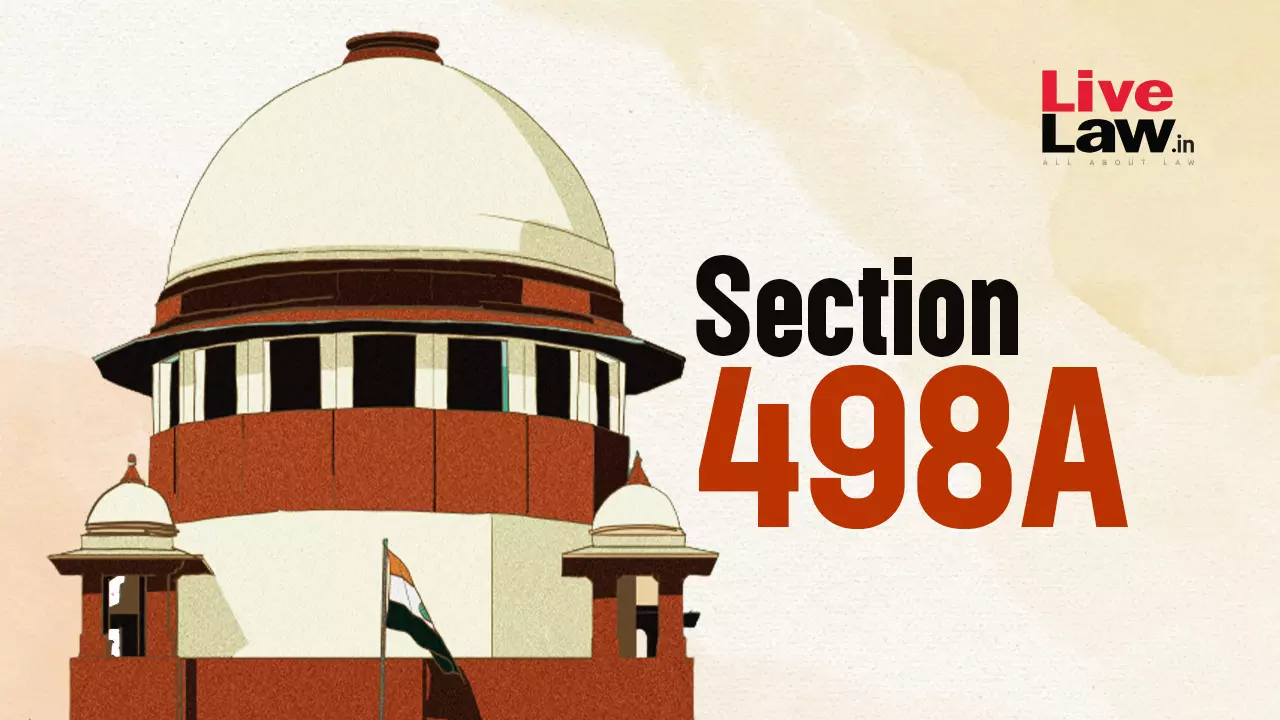S. 498A IPC Can't Be Applied Mechanically In All Cases Where Wife Complains Of Harassment Or Ill-Treatment By Husband : Supreme Court
Yash Mittal
4 May 2024 12:21 PM IST

The Court stated that every quarrel or conduct causing annoyance may not amount to the offence of "cruelty".
Next Story


